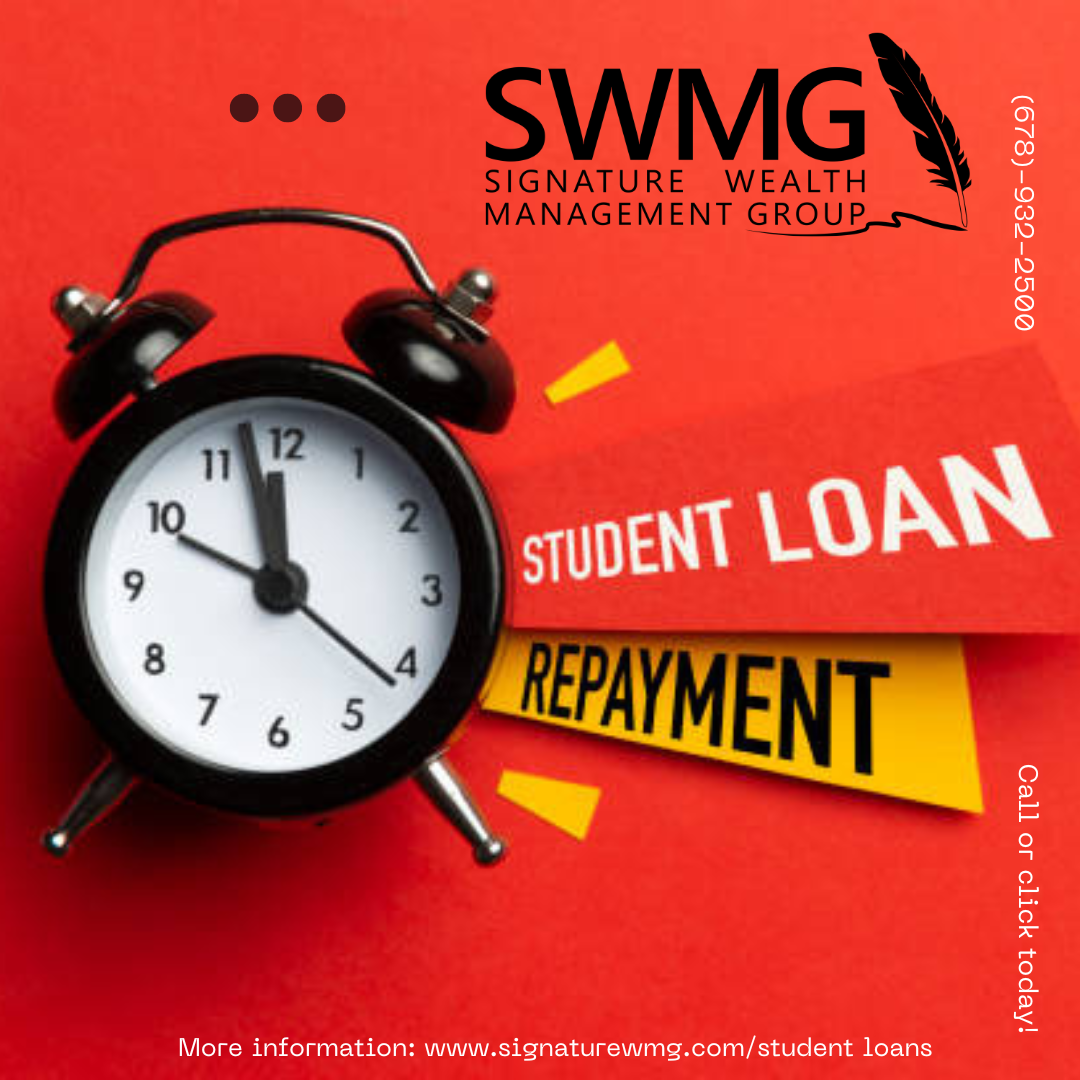
August 25, 2023
Understanding Your Student Loan Situation After Your Recent Graduation
Yay! I survived college and graduated with that valuable piece of paper that I was able to afford with the help of student loans. Now what do I need to know to pay them off? This is a common question many recent graduates, like myself, have asked. To complicate things further, there’s been a lot of action in Washington DC to change the way student loans are paid off. How do I know if any of these changes affect me? And what do I do if they do or do not?
The first thing to understand is the expiration of the COVID-19 Emergency Relief. In 2020, interest accrued on student loans was paused as well as the required monthly payments that paid off the loans. Starting on September 1st, 2023 loans will begin to accrue interest again. It is important to understand which of your loans has the highest interest rate, because paying those off first will be the most effective way to reduce the total interest accrued by the loans. Payments on the student loans will resume in October and everyone should receive a billing statement or other notice at least 21 days prior to payment being due. The typical grace period for graduates is 6 months for most federal PLUS, Subsidized, and Unsubsidized loans. It is 9 months for federal Perkins loans. So those who graduated in May of this year, or thereafter, will not have to make their first payment until the end of their grace period. If you do not select a repayment plan by the end of the grace period, the monthly payment will automatically be based on a standard, flat payment spread over 10 years. Private loans vary, so talk to your loan provider to understand the terms of your private loan.
Recently, the Biden Administration passed student loan forgiveness plans. These plans are not the same as the sweeping $10,000/borrower forgiveness that was blocked by the Supreme Court, however, they are important to understand nonetheless. For recent graduates who have not yet made payments on their loans due to the COVID-19 temporary relief, only one of the new plans could immediately apply. The SAVE (Saving on a Valuable Education) Plan replaces the existing Revised Pay As You Earn (REPAYE) Plan. If you were already enrolled in REPAYE, you will automatically be enrolled in SAVE. SAVE is a type of income-driven repayment (IDR) plan, which calculates your monthly payment based on your income and family size. SAVE eliminates all the remaining interest on the plan, after a scheduled payment is made. To qualify for SAVE, your loans must be Direct Loans (federal loans) and must be in good standing (not in default and up to date under current repayment plan). It is important to remember that private student loans rarely fall under government forgiveness programs.
If you want help better understanding your student loan situation and potential strategies to help you retire your student loan debt sooner, I encourage you to contact me.
Disclosures
This material is for informational or educational purposes only.
By clicking on these links, you will leave our server, as the links are located on another server. We have not independently verified the information available through this link. The link is provided to you as a matter of interest. Please click on the links below to leave and proceed to the selected site.
Information contained herein does not involve the rendering of personalized investment advice, but is limited to the dissemination of general information. A professional adviser should be consulted before implementing any of the strategies or options presented.
Sources
